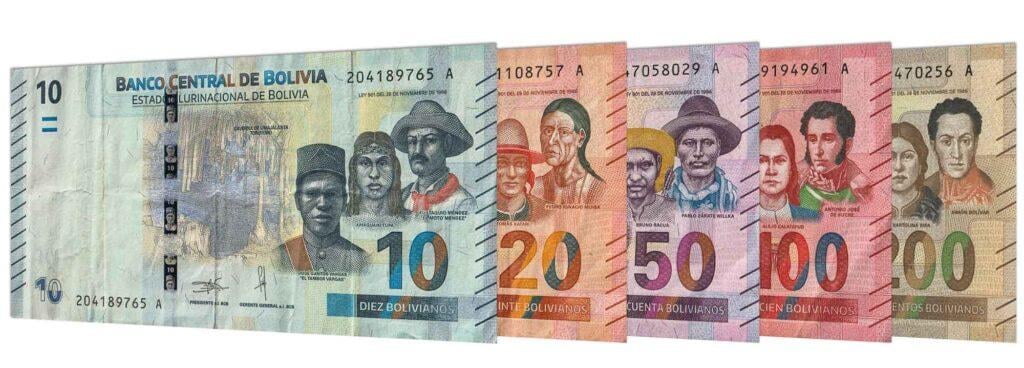Helping the poor and the environment a way forward for Panama?

A recent report published on the United Nations web site describes a program that might be beneficial for Panama’s poor, and the environment while creating a potential manufacturing project and jobs.
By Veby Mega Indah
DURBAN, South Africa (AlertNet) – At the recent UN climate conference in Durban, the South African government promoted its solar water heating program as a way to cut planet-warming greenhouse gas emissions. But for poor local families, the benefits are much more personal.
“I am very happy that I can bathe in warm water, like other people,” said Lhle Mbele, 15, whose house has been equipped with a free solar-powered water heater.
Lhle, his 14 siblings and his parents live in a 20 square meter house in the Kingsburgh district of Durban. Lhle’s father is unemployed and his mother earns a living as a domestic worker in an elite area of the city. Hot water for washing is a luxury the family could not previously afford.
South Africa is responsible for 70 percent of Africa’s carbon emissions. As the host of the two-week U.N. climate talks, which ended on December 11, the country has been eager to demonstrate its commitment to low-carbon technology.
The government has committed to producing 10,000 gigawatt hours of electricity through renewable energy by 2013, and solar power for heating water is slated to account for 23 percent of this.
Since December 2010, more than 75,000 solar water heaters have been installed by Subsaharan Africa (SASSA), a private company working for the government, in neighborhoods whose residents cannot normally afford hot water.
SASSA, which distributes Tasol-brand solar water heaters, claims to be the first company in the world to have registered a program to earn credits from mass solar water heating installation under the UN Clean Development Mechanism.
The program’s costs are covered by an energy efficiency subsidy from publicly owned electricity corporation Eskom, and the sale of CDM carbon credits provides funding to ensure it is sustainable, including maintenance of the systems and training local people as solar water heater installers, according to Tasol.
The government plans to install a further 90,000 water heaters in the first quarter of 2012, each costing $350 to $460, and says the program has created more than 800 new jobs benefiting local communities.
In the winter, the temperature in Durban only drops to around 17 degrees Celsius which is far warmer than other parts of the country. But after the city was confirmed as host of the UN climate conference, which did its preliminary work on the agenda in Panama, the government included it in the solar hot water scheme in order to showcase its efforts to reduce carbon emissions.
Water heaters may not be the most pressing need for the residents of Welbedacht and Kingsburgh districts, which are the focus of the installation programme in Durban. Locals here suffer from poor education and high unemployment. But the heaters do provide a modicum of comfort, helping them feel a little less disadvantaged compared with people in affluent neighbourhoods.
Tembhi Nxasana, 18, and her mother had a solar-powered water heater installed a year ago at their home in Welbedacht through the government program. For Tembhi, their new asset is about health and dignity as much as comfort.
“Of course you need to bathe in warm water – it’s good for your skin and your health so you don’t get sick,” she said.
The heater has also reduced the family’s monthly electricity bills by half, from 20 rand ($2.40) to 10 rand ($1.20). This is partly because, like many locals with the heaters, her family has wired a light bulb to their solar panel in order to light their home for free.
“That’s not exactly legal,” said Michael Dickerson of Real Time Energy, one of the firms installing the systems. Nonetheless, the company is pleased the programis helping to reduce carbon emissions – even if that does involve siphoning off of power from the solar heating systems.
According to Tasol, each solar heater saves an estimated 1 tonne of carbon emissions per year that would be generated if electric power from the grid was used in its place.
In practice, most recipients could not afford to use grid power to heat up water, so those savings are effectively theoretical. But by using the hot water for cooking or diverting the power for lighting, households are probably making some real emissions cuts.
To low-income users like Lhle Mbele and Tembhi Nxasana, though, the amount to which the fancy-looking solar equipment on their roofs reduces carbon emissions isn’t the top priority. Most important is the greater sense of dignity they gain from being able to live a little more decently.
Veby Mega Indah is a Jakarta-based freelance journalist who specialises in environmental issues.





